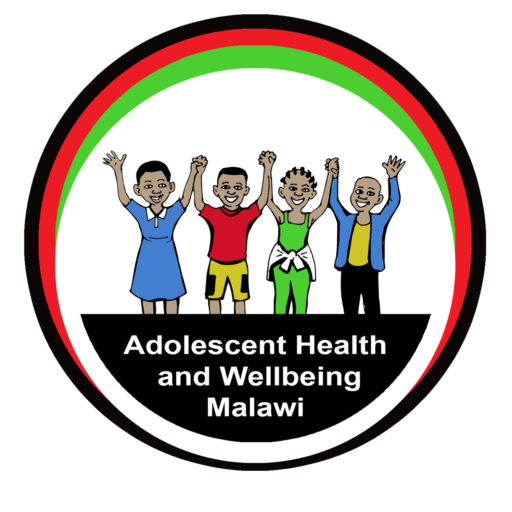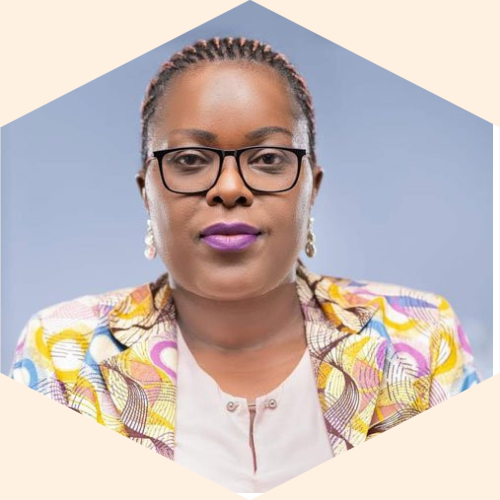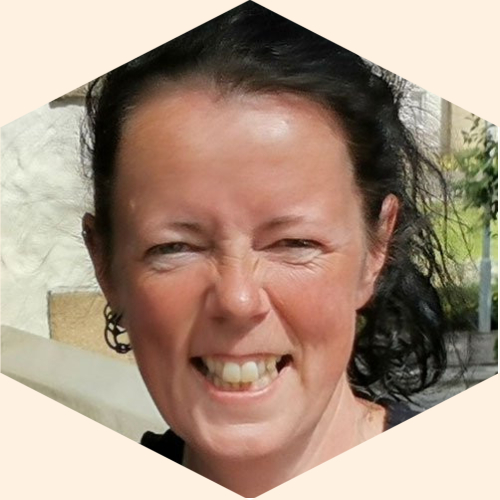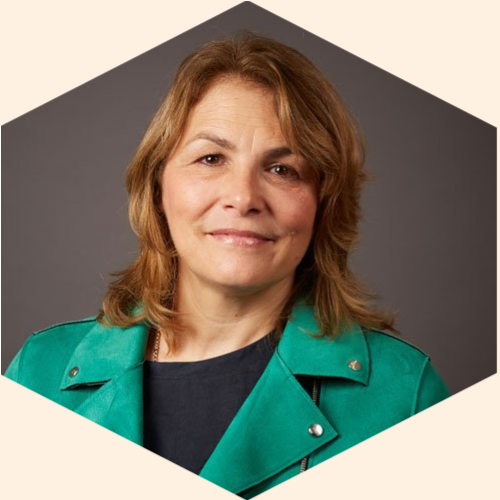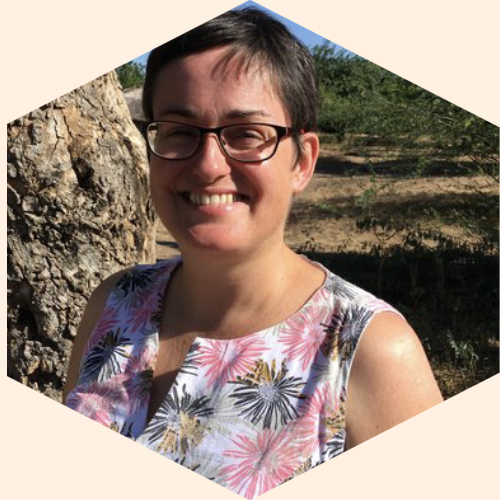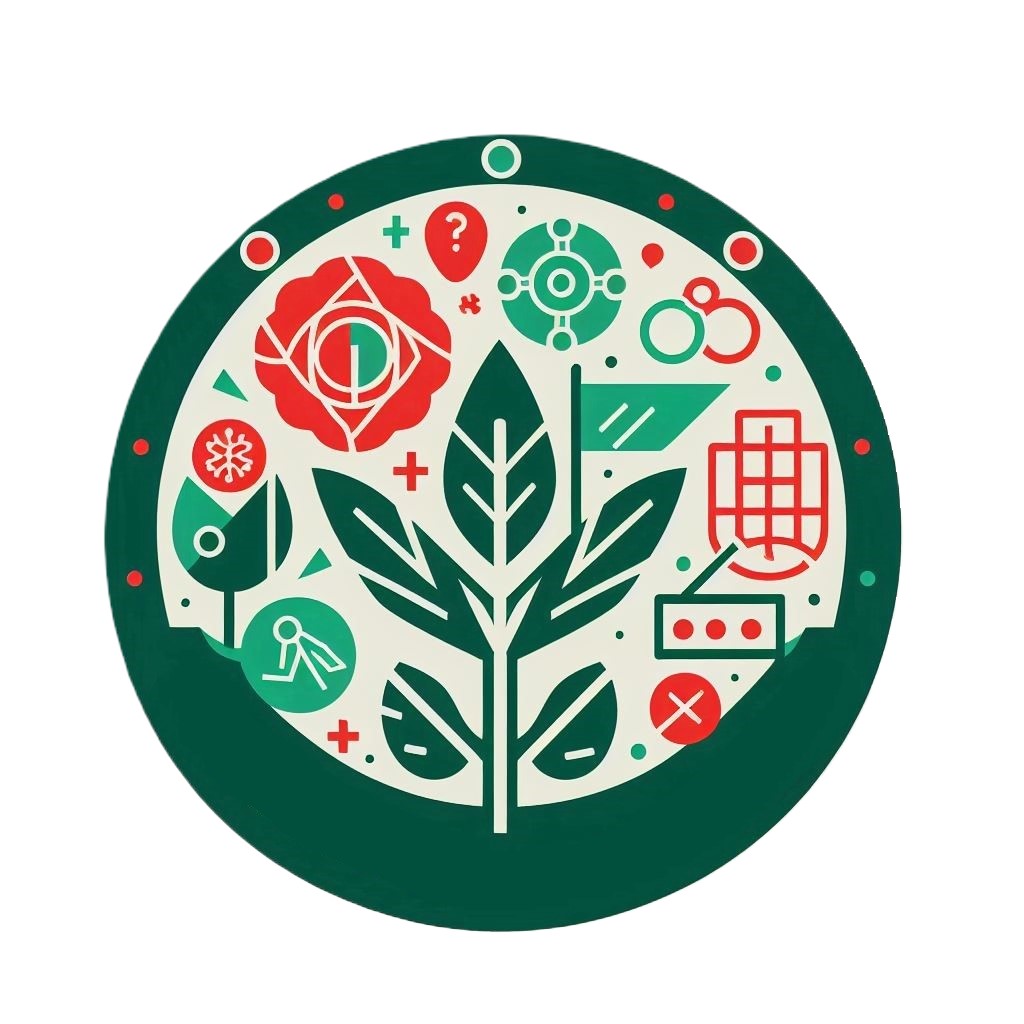Each year, Mental Health Awareness Week offers a moment to pause and reflect – not only on individual well-being, but also on the environment and relationships that shape it. The 2025 theme, “Community,” reminds us that good mental health doesn’t exist in isolation. It thrives in the spaces where we live, learn, and interact. A strong, connected community can be a powerful source of healing, belonging, and resilience. While our recent research work may not have carried the label of “mental health intervention,” the experience tells a different story. Over the past few months, our team, NIHR-Work strand 4 (WASH and Adolescent Health), facilitated a series of co-design workshops aimed at a developing interventions to address the Water, Sanitation, and Hygiene (WASH) challenges affecting adolescents in rural and urban Malawian. These workshops brought together a broad and diverse group: in-school & out of school adolescents, teachers and school heads, parents, health workers, local leaders, inclusive education specialists, District School Health & Nutrition Coordinators (DSHNC), District WASH coordinators, District Education managers, Non-Governmental Organisations (NGOs), and our research team. Together, we co-created context-specific interventions – ideas that were not imposed, but rather emerged through collective dialogue, shared experience, and mutual respect. The focus was on improving WASH, but the process was about much more: listening, connecting, and validating everyone’s role in change.

Mental Health in the Margins of Participation
Adolescents are often on the receiving end of decisions made about their lives. But in these workshops, they became contributors – offering insight into how WASH challenges affect their dignity, safety, and daily life. Topics like bullying in relation to menstruation, cleanliness of toilets, and lack of handwashing facilities came up, not just as health issues, but as sources of stress, embarrassment, and even absenteeism at school.
The act of co-designing interventions for these problems in front of supportive adults – and being heard – was empowering. It shifted dynamics. It gave adolescents voice and gave adults a deeper understanding of the emotional and psychological layers of these issues. Teachers, parents, and community leaders also expressed appreciation for the open, inclusive process. One participant from the District Education Office shared, “This is the first time we’ve sat at the same table with adolescents to talk about these things. It makes you realize we’re all part of the solution. This kind of approach should continue”. By fostering these meaningful connections, we strengthen our communities and create a foundation for lasting mental well-being.

Community as a protective factor
We often think of mental health support in terms of clinics or counselling – and those are vital. But support also looks like being included, being taken seriously, and being part of something bigger. It looks like the community saying, “You matter.”
By creating safe, collaborative spaces where people could share their realities, brainstorm together, and see their ideas take shape, our co-design workshops did more than produce WASH solutions, they fostered trust, dignity, and a sense of shared purpose. And that, too, is mental health care.

The Power of Collective Care
Mental health isn’t just an individual responsibility, it is something we build together – through relationships, participation, and compassion. Our experience with co-design reminds us that every inclusive process is a mental health intervention in its own right.
As we mark Mental Health Awareness Week under the theme of Community, let’s broaden our view of what support can look like. Let’s recognize that when we listen deeply, act collectively, and honour each voice – we aren’t just solving problems by coming up with interventions, we are building resilience.

